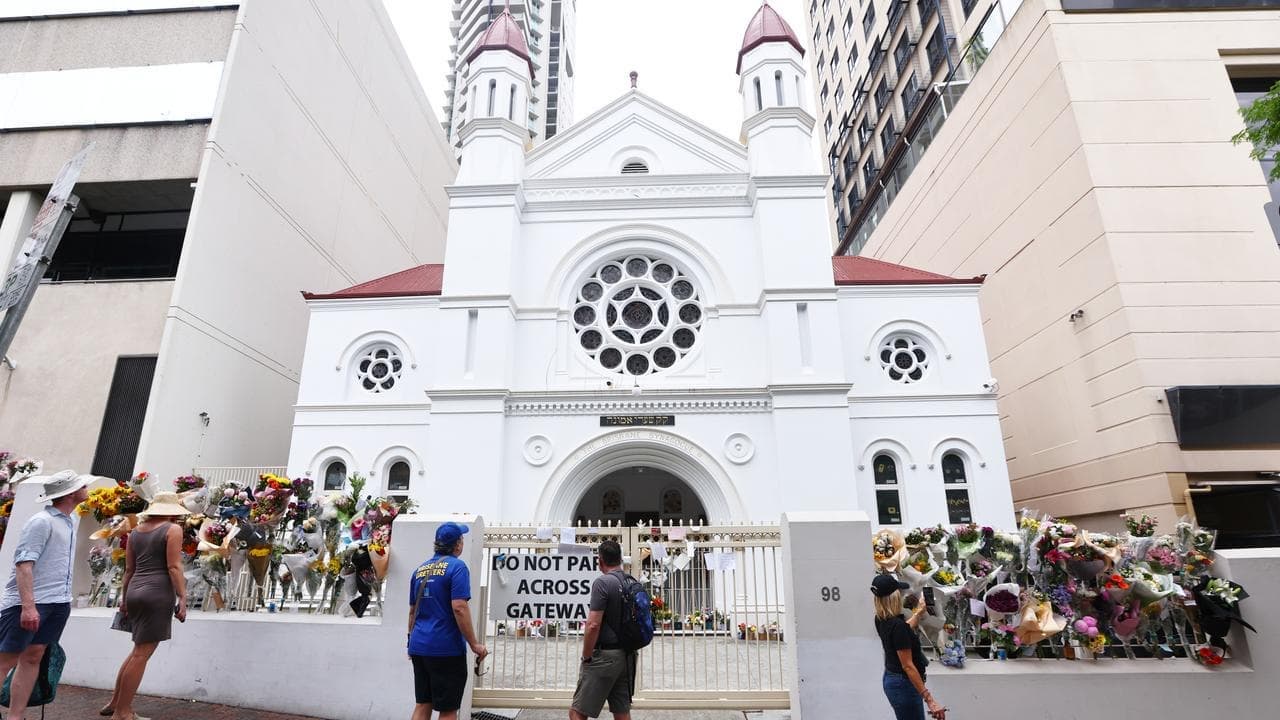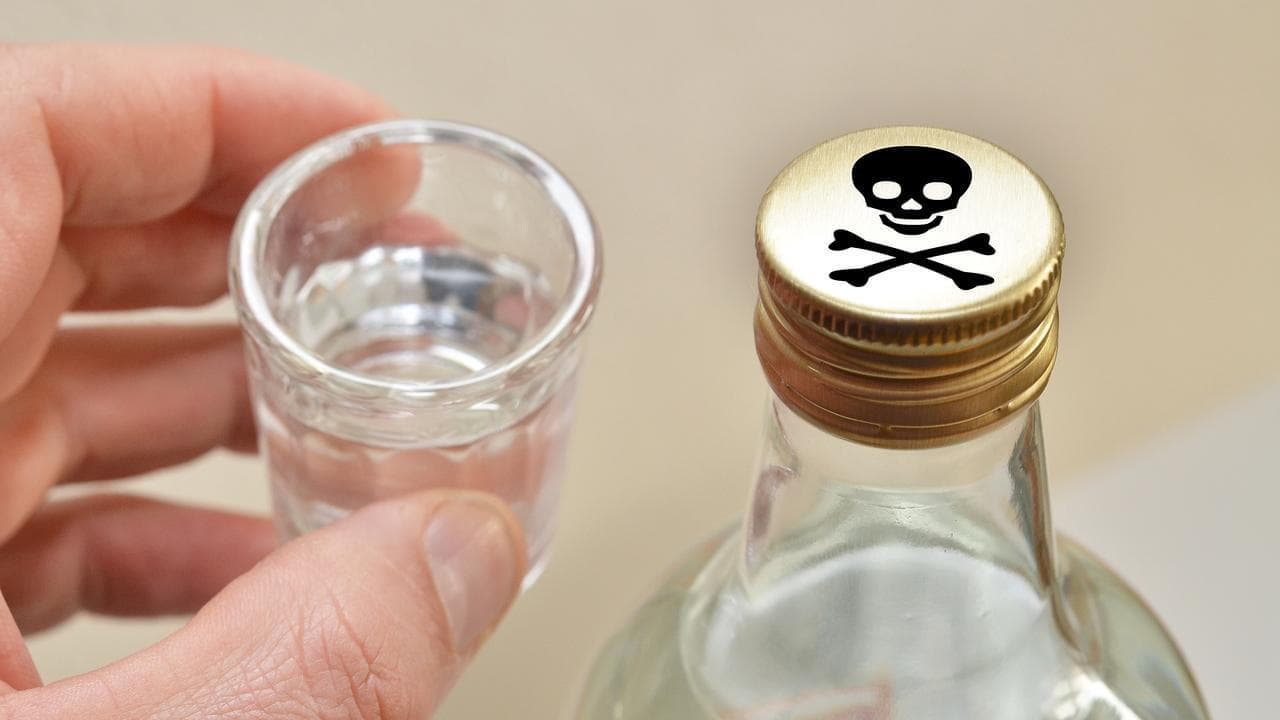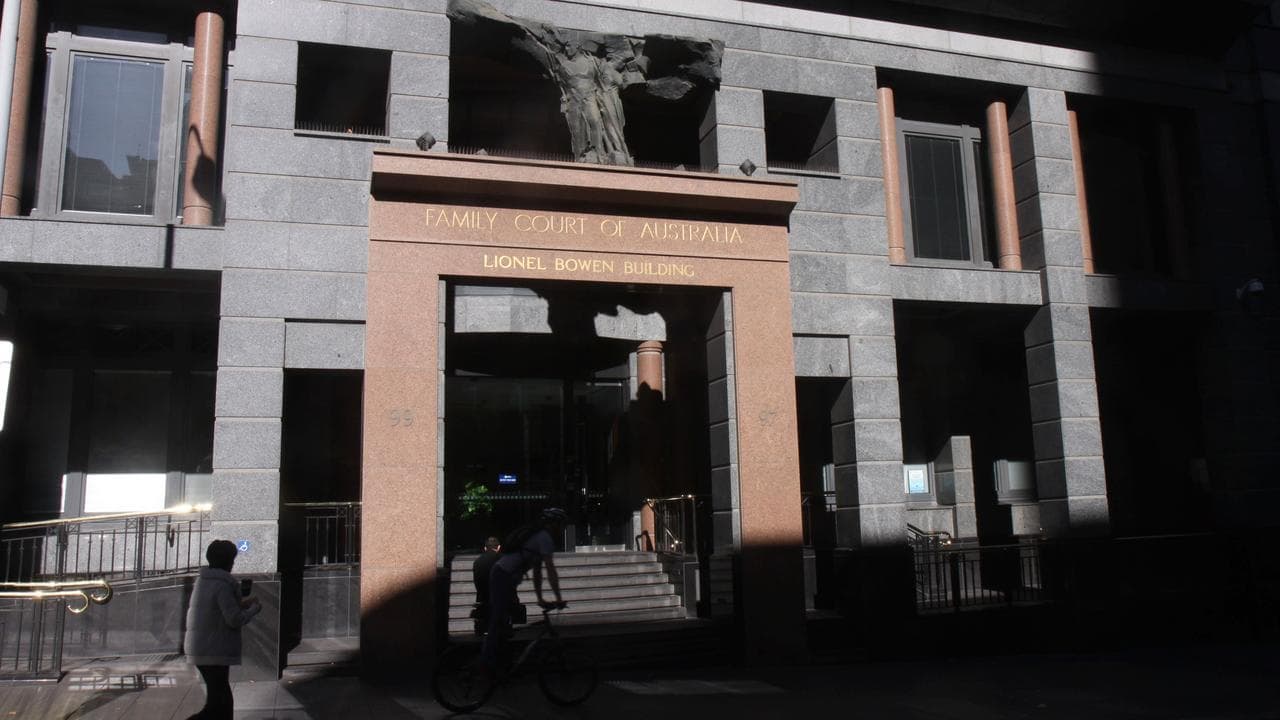WHAT WAS CLAIMED
The Dutch prime minister has banned farming in the Netherlands.
OUR VERDICT
False. An emissions reduction plan will effect farms, but farming has not been banned.
The Netherlands is the world's second biggest exporter of agricultural products, but angry farmers have recently been protesting as well as tending crops and livestock.
They're upset about Dutch government proposals aimed at reducing greenhouse gas emissions. However, farming has not been banned, as claimed on social media.
A Facebook post (screenshot here) from an Australian-based user states: "The paid off left-wing Globalist government of Dutch Prime Minister, Mark Rutte, announced that they are banning farming in the Netherlands."
The July 8 post links to a "freedom" blog post titled "The World's Most Important Story - Holland Rises Up!", with the post and blog both using an image of tractors lined up on a street.
Experts told AAP FactCheck the claim is nonsense, pointing out the Dutch government admits some farms may have to close under new livestock rules to meet emissions targets, but farming isn't being banned.
The Netherlands launched a plan in 2019 to halve its greenhouse gas emissions by 2030. The European nation has a high level of nitrogen deposition, which has become a focus of climate change action.
The government is targeting emissions of nitrogen oxides from livestock manure and the use of ammonia as a fertiliser. Part of the plan is a proposed 30 per cent reduction in livestock numbers.
Farmer protests increased as Dutch politicians voted on the proposals at the end of June 2022. The protests have been ongoing for several years, but have intensified with increasing violence and threats against government ministers.
While the protests have become heated, Dutch academics say there's no truth to the claim farming will cease.
"No, farming is not being banned in the Netherlands," agricultural economist Petra Berkhout, an agricultural economist at Wageningen University, told AAP FactCheck.
Chris Backes, a professor of environmental and planning law at Utrecht University, agreed.
"This is absolute nonsense," he told AAP FactCheck in an email.
The Netherlands is known for intensive farming practices in small areas of land.
"What is true is that (the Netherlands) has a very high density of (livestock) and that this causes a much too high load of nitrogen deposition on nature," said Prof Backes, who has done extensive research on nitrogen emissions.
Dutch courts have upheld rulings requiring the country to cut emissions, finding they broke European laws. The government admits the current proposals will change the nation's agricultural sector.
"We realise that this will have an enormous impact on farmers," Prime Minister Mark Rutte said when announcing the plans on June 10.
"This sector will change, but unfortunately there's no choice, we have to bring down nitrogen emissions."
AAP FactCheck contacted the Dutch government for comment, but did not receive a reply.

"The most important reductions must come from farming," Prof Backes said of the proposals.
"In many cases a change of farming practices will be sufficient. However, in other areas, where there's a massive intensive farming … the amount of cattle will have to be reduced."
Ms Berkhout said the plan would require some farms to close, particularly those near nature reserves.
"The goal of the current plans as outlined by the Dutch government is to reduce nitrogen deposition, this will most certainly lead to closing of farms, especially of farms close to vulnerable (Natura) 2000-areas. But how many farms need to close down is yet uncertain," she said in an email.
"The provinces have about a year to come up with plans how to realise the goals regarding reducing nitrogen deposition."
While the impact of the government's plans on farmers is not yet clear, the claim that farming has been banned is false. AAP FactCheck has debunked other claims of global plots to reduce food production in New Zealand and Australia.
In addition, the images featured in the post and linked blog are not from the recent protests. A reverse image search shows the main image and a secondary aerial shot are from 2019.
The Verdict
The claim the Dutch government plans to ban farming is false. The emissions reduction proposals are expected to reduce livestock numbers and nitrogen deposition to counteract intensive farming practices in the Netherlands. Experts told AAP FactCheck the government plans will have an impact on Dutch farms and some may close, but farming has not been banned.
False - The claim is inaccurate.
AAP FactCheck is an accredited member of the International Fact-Checking Network. To keep up with our latest fact checks, follow us on Facebook, Twitter and Instagram.












